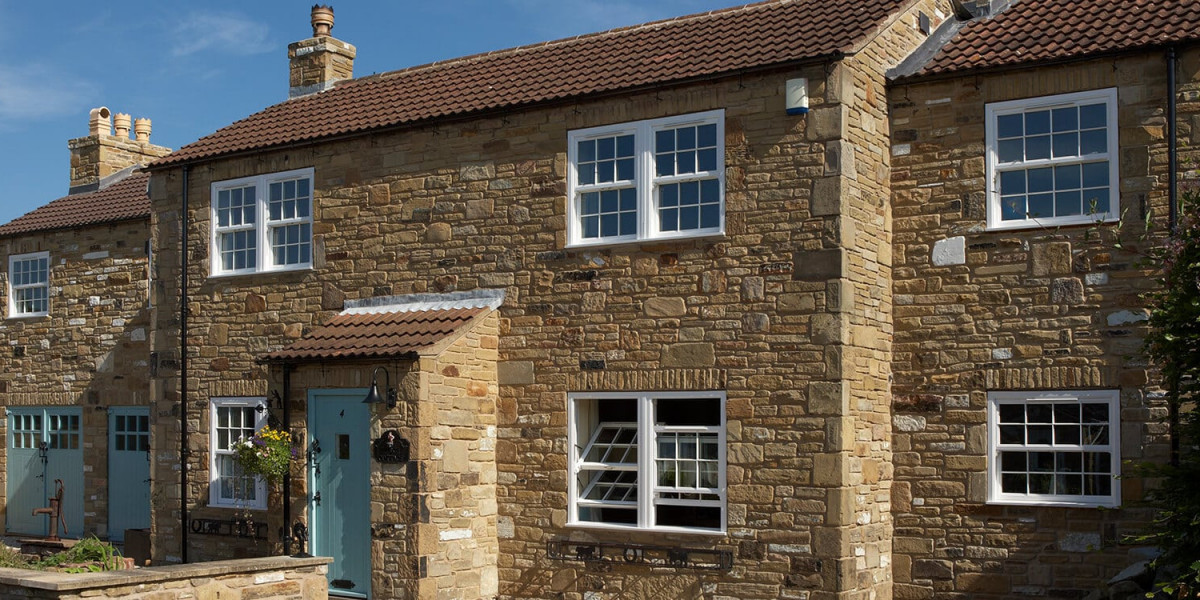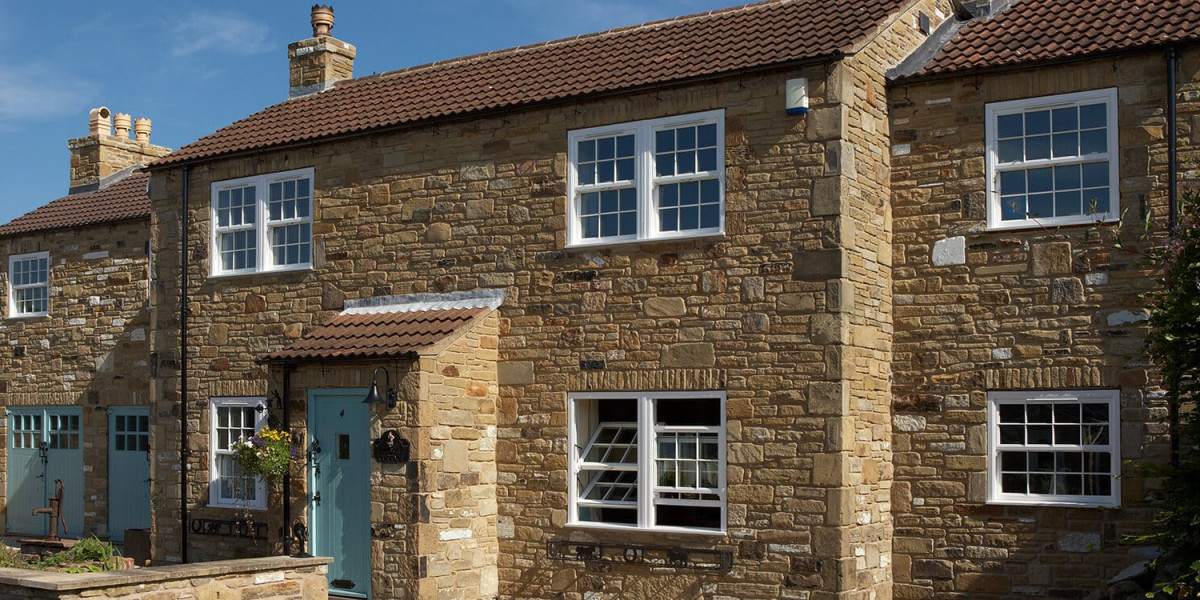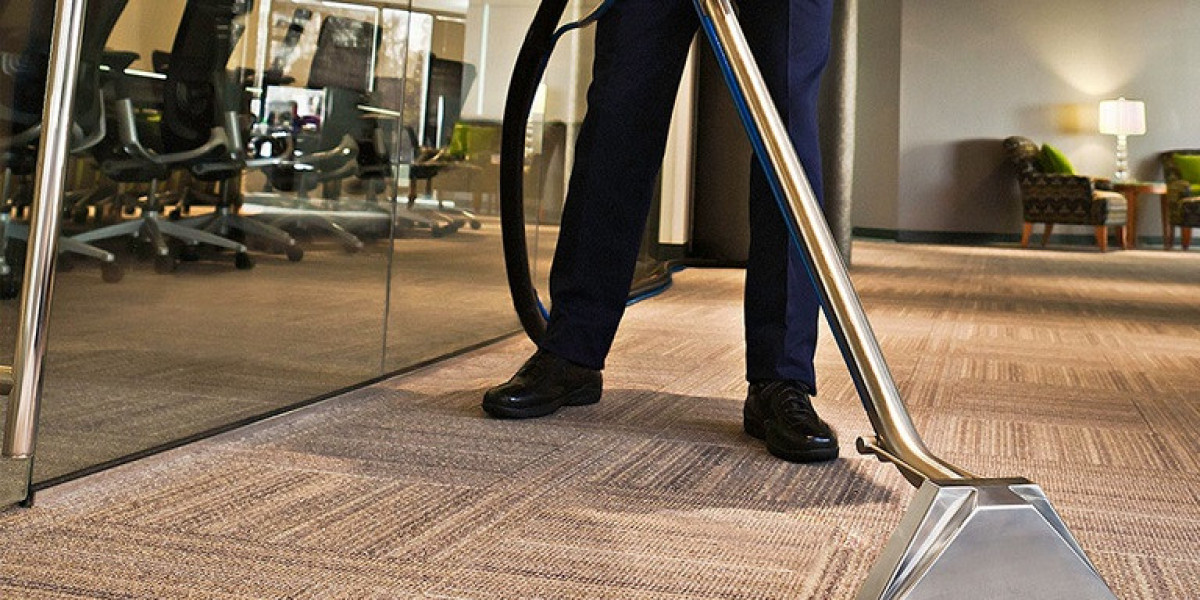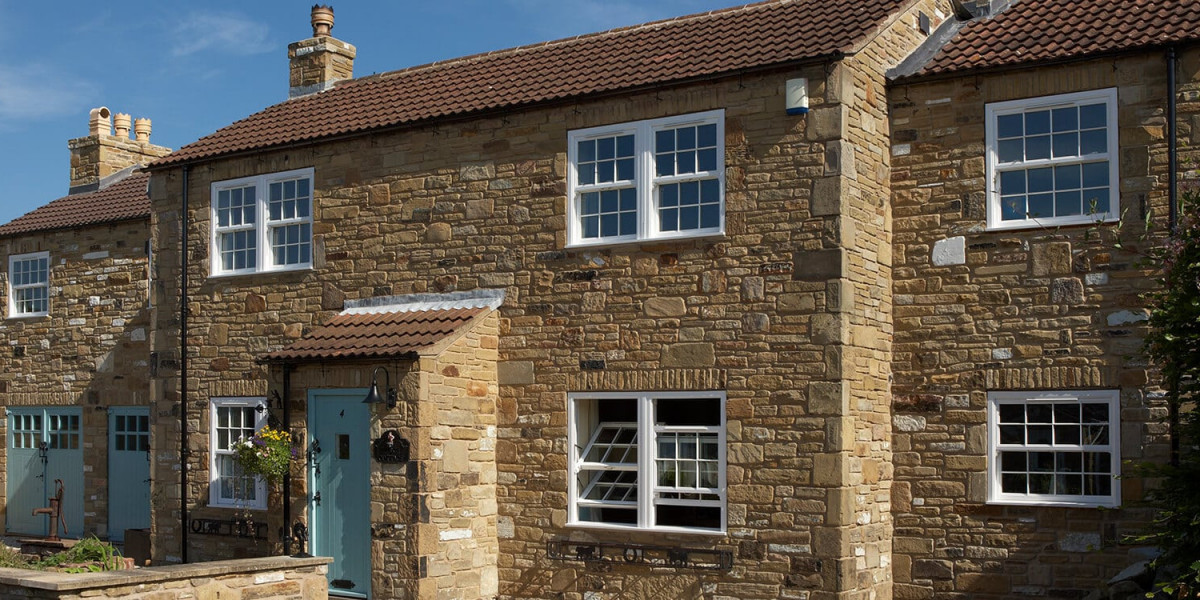Aluminium windows have become an increasingly popular choice in modern architecture and construction, offering a blend of aesthetics, durability, and energy efficiency. As the building industry evolves, the demand for materials that not only enhance the visual appeal of structures but also contribute to sustainability and functionality has grown. This article explores the advantages of aluminium windows, their applications, and their role in contemporary design.
Durability and Strength
One of the most significant advantages of aluminium windows is their durability. Unlike wood, which can warp, rot, or be susceptible to pests, aluminium is resistant to the elements. It does not rust, corrode, or fade over time, making it an ideal choice for various climates. This resilience ensures that aluminium windows can withstand harsh weather conditions, including heavy rain, snow, and extreme temperatures, without compromising their structural integrity.
Moreover, aluminium possesses a high strength-to-weight ratio, allowing for the creation of larger frames and glass panes without the need for bulky structures. This strength enables architects and builders to design expansive windows that provide unobstructed views and ample natural light, enhancing the overall aesthetics of a space.
Energy Efficiency
In recent years, energy efficiency has become a critical consideration in building design. Aluminium windows can be designed with thermal breaks, which are insulating materials placed between the interior and exterior frames. This feature significantly reduces heat transfer, helping to maintain a comfortable indoor temperature and reduce energy consumption. When combined with double or triple glazing, aluminium windows can achieve excellent energy performance ratings, making them an eco-friendly option for modern buildings.
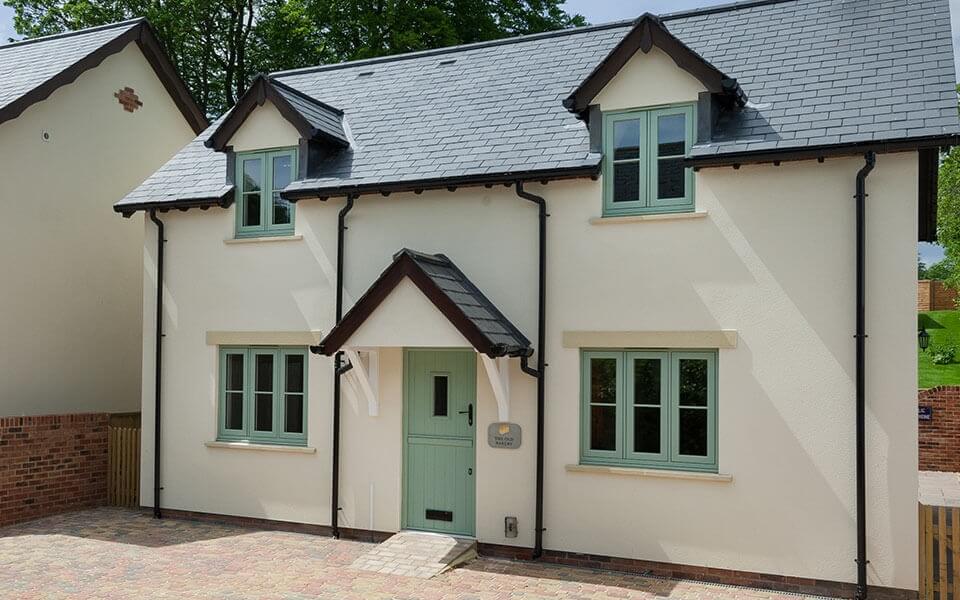
Additionally, the ability to customize the thermal performance of aluminium windows allows for greater flexibility in design. Architects can choose from a variety of coatings and finishes that enhance energy efficiency while maintaining the desired aesthetic appeal.
Aesthetic Versatility
Aluminium windows offer a wide range of design options, making them suitable for various architectural styles. They can be powder-coated in virtually any color, allowing homeowners and builders to match the windows to the overall design scheme of the building. This versatility extends to the shape and size of the windows, as aluminium can be easily molded to create unique designs that stand out.
Furthermore, the slim profiles of aluminium frames enable maximum glass area, which not only enhances the views but also floods interiors with natural light. This feature is particularly appealing in contemporary design, where open spaces and a connection to the outdoors are highly valued.
Low Maintenance
Another significant benefit of aluminium windows is their low maintenance requirements. Unlike wooden frames that may need regular painting, staining, or sealing, aluminium windows can be easily cleaned with soap and water. Their resistance to rust and corrosion means that they do not require frequent upkeep, making them a practical choice for homeowners and property managers alike.
This low-maintenance aspect is particularly advantageous for commercial buildings, where upkeep costs can accumulate over time. By choosing aluminium windows, property owners can reduce maintenance expenses while ensuring the longevity of their investment.
Environmental Impact
As sustainability becomes a paramount concern in construction, aluminium windows are increasingly seen as a responsible choice. Aluminium is a highly recyclable material, with a recycling rate of around 75%. This means that even at the end of their life cycle, aluminium windows can be repurposed and transformed into new products, reducing waste and conserving resources.
Moreover, the energy efficiency of aluminium windows contributes to lower energy consumption in buildings, which in turn reduces greenhouse gas emissions. By selecting aluminium windows, builders and https://artrusse.uk/the-russian-art-enthusiast-glazing-st-albans-with-culture/ homeowners can take a step towards more sustainable living, aligning with global efforts to combat climate change.
Applications in Various Settings
Aluminium windows are suitable for a wide range of applications, from residential homes to commercial buildings. In residential settings, they can be used for everything from traditional homes to modern apartments, providing a sleek and contemporary look that enhances property value. Large sliding or bi-fold doors made from aluminium are particularly popular in homes that emphasize outdoor living spaces, allowing for seamless transitions between indoor and outdoor areas.
In commercial settings, aluminium windows are favored for their durability and low maintenance. They are commonly used in office buildings, retail spaces, and schools, where high traffic and varying weather conditions can pose challenges. The ability to customize aluminium windows for specific building codes and architectural requirements makes them a versatile choice for commercial construction.
Conclusion
In conclusion, aluminium windows represent a perfect fusion of style, functionality, and sustainability. Their durability, energy efficiency, and low maintenance requirements make them an ideal choice for both residential and commercial applications. As the demand for environmentally friendly building materials continues to rise, aluminium windows stand out as a responsible option that contributes to a sustainable future.
With their aesthetic versatility and ability to enhance natural light, aluminium windows are not only practical but also elevate the overall design of any space. As architects and builders continue to embrace innovative materials, aluminium windows will undoubtedly remain a staple in modern construction, providing enduring value and performance for years to come.
